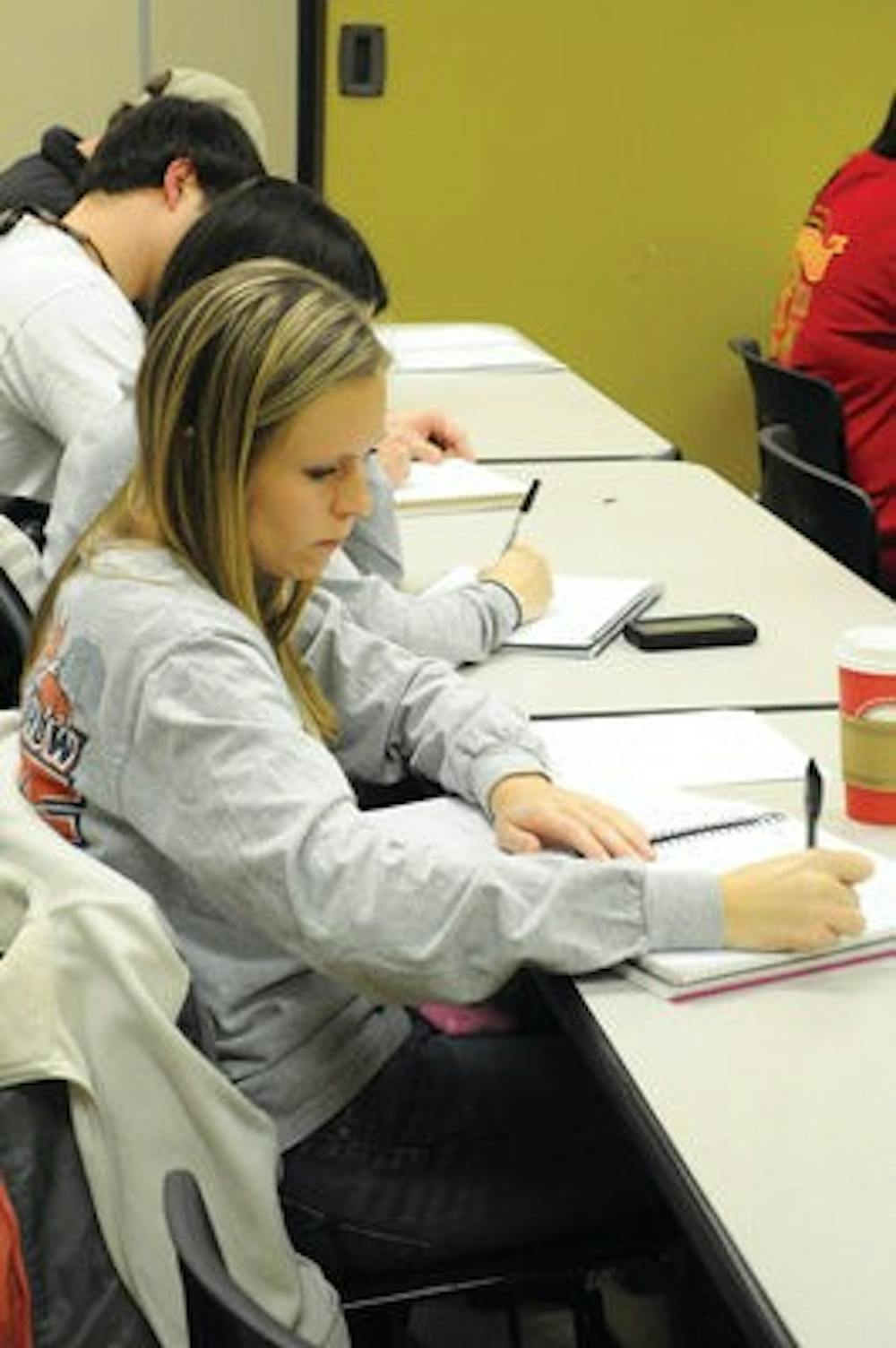The recent revolution in Egypt has brought new appeal to the International Relations in the Middle East class, which helps students better understand current events around the world.
The class, taught by professor Jill Crystal, covers domestic politics in Middle Eastern countries, including the series of wars that have taken place in the last 50 years.
"I focus first on historical background, and after that we look at Israeli and Arab conflicts, then Arab and Palestinian conflicts," Crystal said, "then on to the three Gulf wars."
After 18 years of teaching the course, Crystal has learned to make room in the syllabus for unexpected lectures.
"Inevitably, something blows up, like Mubarak," Crystal said. "Last week, we took a detour and spent an hour talking about nothing but Egypt and what was going on."
The discussion tried to explain the reasons for the Egyptian riots and uprisings.
"Honestly, I wouldn't understand half the stuff going on over there if I didn't know the background and history of Egyptian politics," said Laura Fleming, junior in political science. "Now I understand the dynamics of their situation."
Crystal said what happens in Egypt will have reverberations across the Middle East.
"What goes on there is important because of the effect it has on the area," she said. "It is the most powerful central country in that region."
International relations gives students an introduction into foreign policy.
Crystal said it is difficult for many people to pick up on foreign policy concepts .
"I think that understanding foreign policy is something that people have a hard time acquiring if they haven't already by the end of college," Crystal said.
C.J. Henley, junior in political science, is taking the class because of his focus on international relations.
"The amount of knowledge that the teacher has is pretty substantial to any other class," Henley said. "It is interesting because you can apply it to today, and politics in general is really enjoyable to me."
Crystal was drawn to the Middle East because of the weather.
"I like studying in places where it's warm--same thing that brought me to Alabama," Crystal said.
The weather might have brought her, but the politics kept her there.
"What's interesting about the Middle East is that there's always something going on," Crystal said. "It's always new and completely unexpected."
Crystal can't say the same for the United States.
"I find American politics deeply boring because it's elections every four years, this one or that one," Crystal said. "But in the Middle East we've got coups, uprisings, wars and revolutions."
Learning about the Middle East is one thing, but traveling there is another matter, according to students in the class.
"I don't really want to go there since it is such a high-conflict area," Fleming said. "It would definitely be an experience, though."
Crystal, who has lived in the Arab states off and on over the years, said the Gulf area, such as Qatar and Dubai, is her favorite.
Fleming and Henley both recommend the international relations class to students as a way to stay informed even if one is not a political science major.
Do you like this story? The Plainsman doesn't accept money from tuition or student fees, and we don't charge a subscription fee. But you can donate to support The Plainsman.





